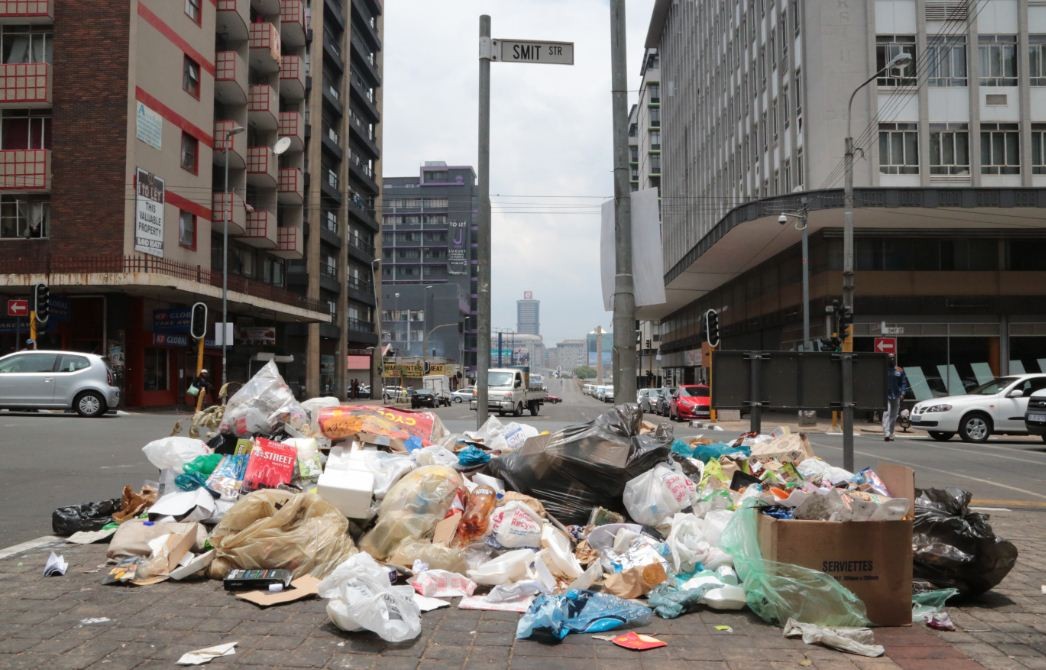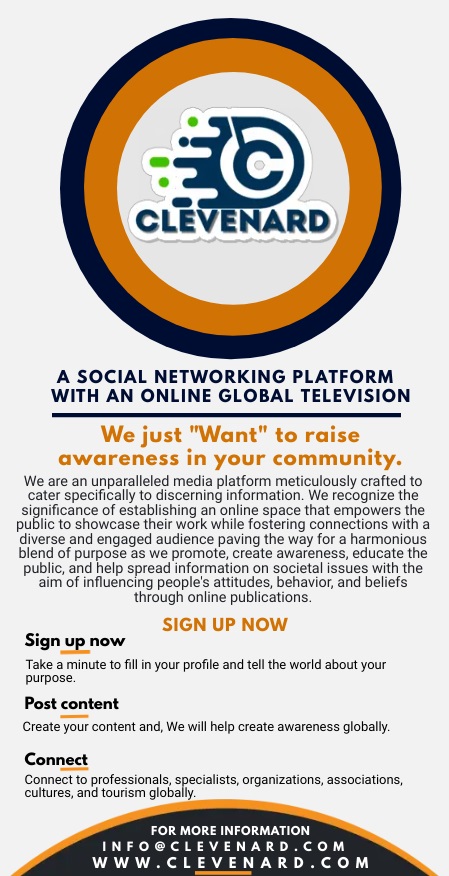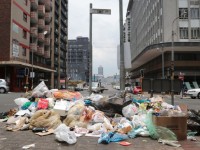City of gold rapidly growing to slump with great global thread pollution
"reality is harsh. it can be cruel and ugly.yet no matter how much we grieve over our environment" we need t come to our own reality walking in the streets of the city of Gold as Johannesburg founded it's name during the discovery Johannesburg sits on the edge of the world's largest known gold deposit. The area was first declared open for public digging in 1886, although it is known that gold was traded and worked here for centuries before the arrival of gold prospectors. Within just a few years the city grew to be the largest settlement in South Africa and swelled with migrant workers from across Southern Africa and beyond. The so-called 'Randlords' (mining company owners) controlled much of the mining wealth and were responsible for some of Joburg's most recognisable buildings, which can still be admired today. Nowadays most mining activity in the Gauteng region is based in the west (gold and other minerals) and in the north (Cullinan diamond mine). Am always forced with the forge blame to any nationality or political system it's this the issue if humanity , dignity self love . It divides us more to think irrational but also awake us to look at the issue of pollution is great extent, with all that rises with it are we safe. What are we eating ?
New Report Shows How We Are All Connected By Pollution; And Reveals What We Can Do
If you think you and your family are not impacted by pollution far from your home, think again.
Pollution Knows No Borders, Pure Earth’s latest report, documents how the pollution crisis in low- and middle-income countries affects everyone’s health – including those living in high-income countries.
At a global briefing generously hosted by Freshfields Bruckhaus Deringer in New York City and London, the report’s authors and contributors presented findings, and importantly, solutions to this global crisis.
Pure Earth President Richard Fuller opened the briefing and was joined by:
Gina McCarthy, director, Center for Climate Health and the Global Environment, Harvard University, and former US EPA Administrator;
Janez Potočnik, Co-Chair of UN Intl. Resource Panel;
Baskut Tuncak, UN Special Rapporteur;
J. Carl Ganter,
“This is not just about problems in far away places,” McCarthy reminded the crowd gathered.
The report is a “loud and clear call” for global cooperation on transboundary pollution, said Potočnik.
What’s in our fish, juice, baby food, chocolates, or toys?
Fuller demonstrated the complexity and interconnectedness of our global food chain with a series of interactive data visualizations from Carnegie Mellon’s CREATE Lab that showed the movement of food and products around the world.
What’s in the food we eat and the products we use daily? It’s an amalgam of ingredients originating from a number different countries.
“Reducing pollution is the right thing to do for children growing up in these countries, and it will also safeguard the health of children in wealthier consumer nations,” said Fuller."
We are all responsible as humans it's in human to be comfortable with any form of littering or pollution.

- Category:
- Arts & Culture
- 6 Jan, 2023
- 1381 views
- No comments






